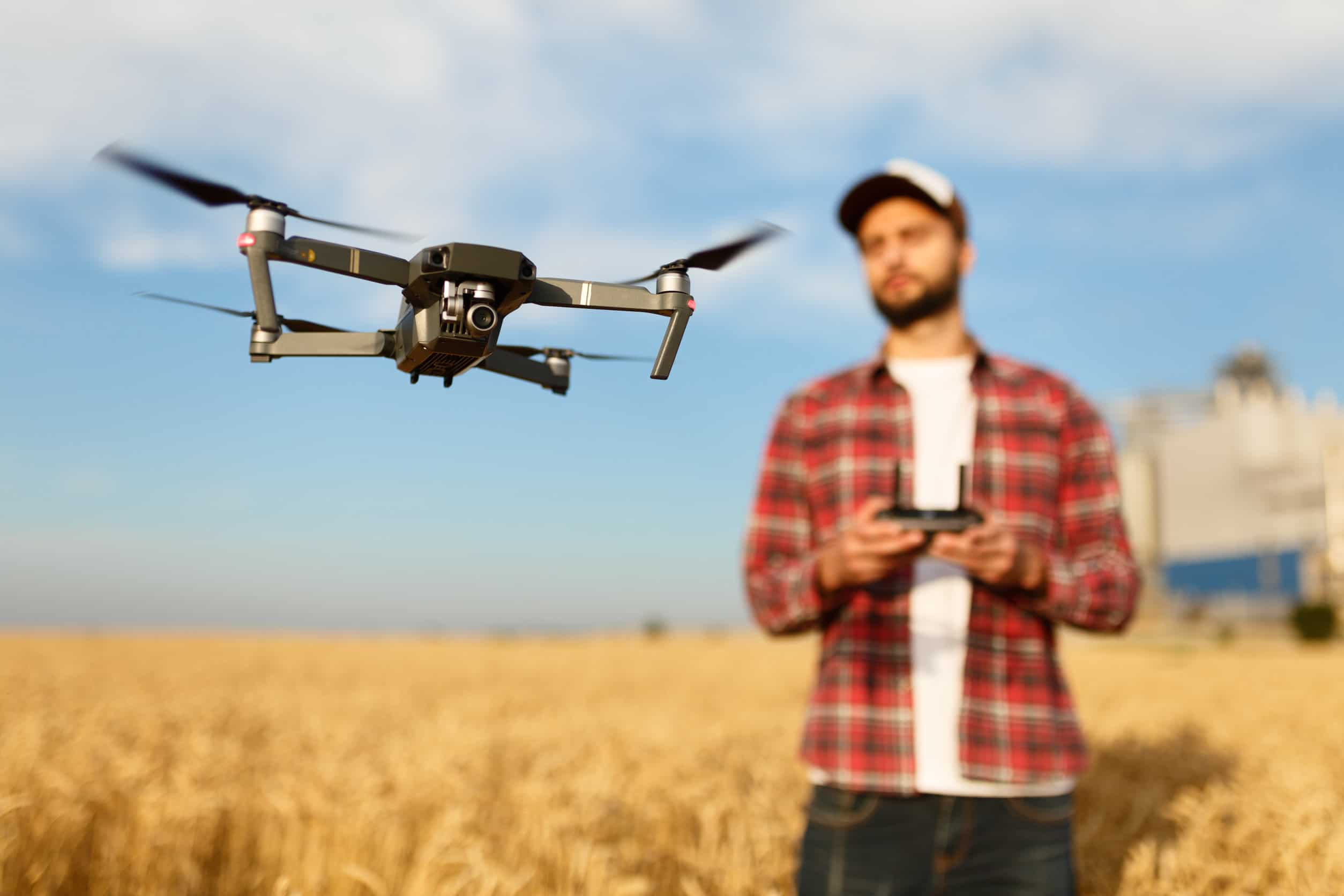Peeping Tom crimes have been around for a long time. However, as technology advances, the ways that someone can invade your privacy for their own sexual gratification have increased, too.
Drone technology is becoming more readily available to people everywhere. While people have certainly accomplished some amazing things with drones, this technology can also be put to use for nefarious purposes, like invading privacy.
How has law enforcement dealt with this new threat? Read on to find out more about current Peeping Tom laws in Colorado and how drones fit into that picture.
What Is the Peeping Tom Law in Colorado?
The law that protects others from being watched or photographed without their consent is called the invasion of privacy for sexual gratification, which some people refer to as the Peeping Tom law.
It is an offense that can be charged as a misdemeanor or a felony. Either way, it’s considered a crime of extraordinary risk in Colorado. As a result, sentences can be far harsher for this type of crime than those in the same class. Plus, if convicted of invasion of privacy for sexual gratification, you could be required to register as a sex offender in Colorado.
For misdemeanor invasion of privacy, you can expect a sentence of up to two years in jail and fines of as much as $5,000.
This crime is a Class 6 felony in Colorado under two circumstances: if you have any prior convictions for unlawful sexual behavior, or if you have photographed or peeped on someone who is at least four years younger than you or is under the age of 15. The felony sentence is as many as 24 months in prison and fines of as much as $100,000.
How Drones Fit In the Picture
Today, there are more ways than peeking through someone’s window with a camera to invade their privacy – you can use a drone to do it, too.
In Colorado, the state recognizes that the use of drones to peep on another is an invasion of privacy. In legal circles, it is known as a tort in one of three ways:
- Invasion of privacy by appropriate
- Invasion of privacy by public disclosure of private facts
- Invasion of privacy by intrusion
The bottom line is: if someone feels their privacy was invaded by a drone used to photograph or observ them in a space where they had a legitimate expectation of privacy – like in their own home – that can result in charges for the drone operator.

In addition to criminal penalties, the victim take the following tort actions to stick additional penalties to the accused, if found guilty. They can be awarded economic damages for physical or mental anguish, humiliation, loss of income, and impairment to the standing of the victim.
Privacy laws will be in constant flux as newer technology challenges the average person’s reasonable expectation for privacy.
It is important to note, however, that the law sees the invasion of someone’s privacy for sexual gratification as very serious. Corresponding criminal penalties will apply, whether you do it the old-fashioned way or with new and emerging technology. Understand your rights and responsibilities when operating a drone, so you don’t find yourself in legal jeopardy.
About the Author:
Kimberly Diego is a criminal defense attorney in Denver practicing at The Law Office of Kimberly Diego. She obtained her undergraduate degree from Georgetown University and her law degree at the University of Colorado. She was named one of Super Lawyers’ “Rising Stars of 2012 & 2019” and a “Top 100 Trial Lawyers in Colorado” for 2012-2020 by The National Trial Lawyers. Both honors are limited to a small percentage of practicing attorneys in each state. Additionally, Expertise names her to its lists of the 25 Best Denver DUI Lawyers and 21 Best Denver Criminal Defense Lawyers, both in 2020. Ms. Diego has also been recognized for her work in domestic violence cases.





